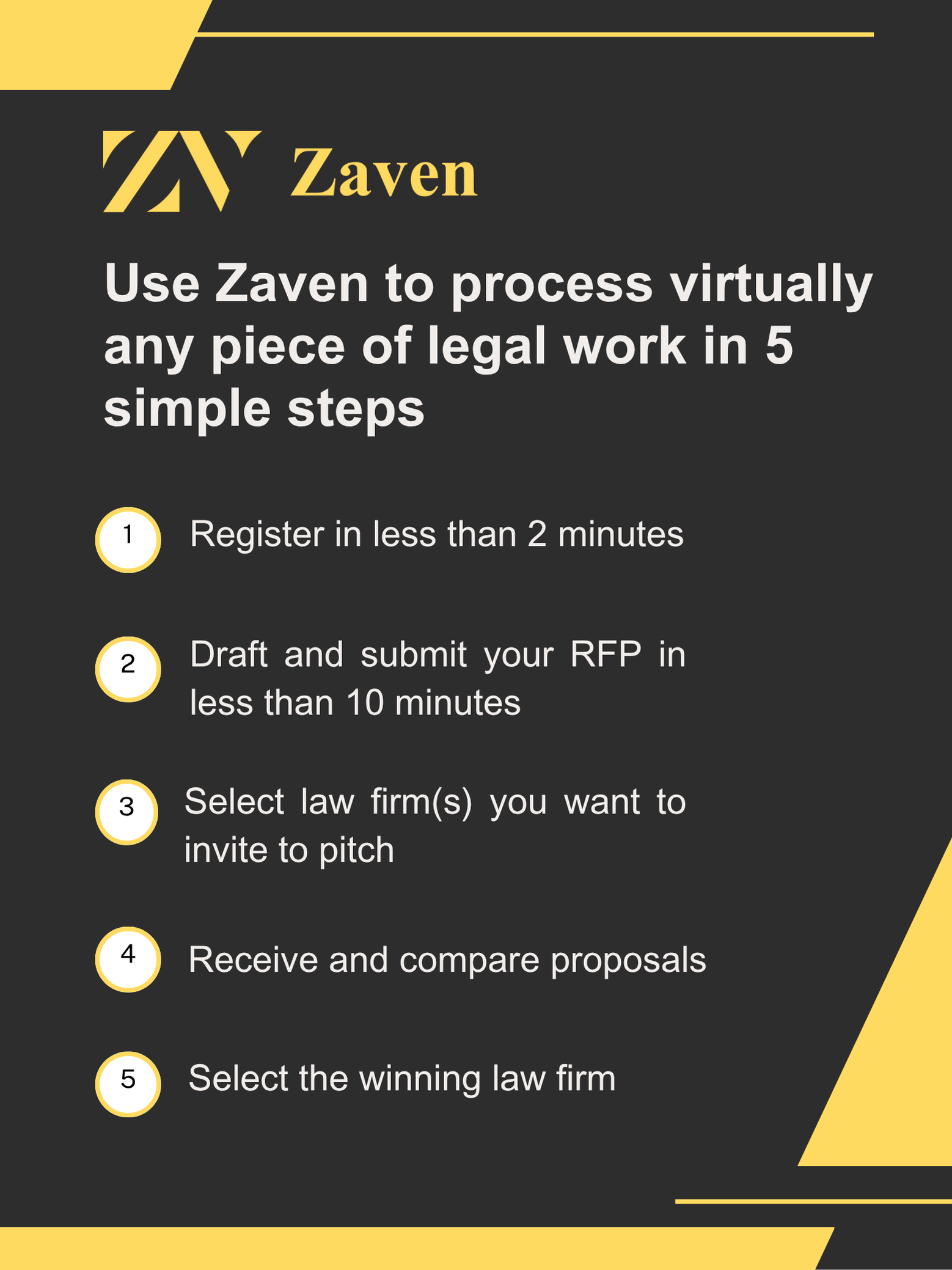Source: Thomson Reuters
The Thomson Reuters Institute’s Delta Lawyer Competency Model proposed a fundamental shift in legal professional development five years ago. What seemed aspirational then has become operational necessity today.
Three Pillars Validated
The Delta Model organised legal competencies into three areas: The Law, Business & Operations, and Personal Effectiveness. The original research data now reads like a roadmap for current corporate legal departments. When 91% of respondents identified entrepreneurial mindset as the top attribute for success and 100% chose business fundamentals as essential, they weren’t speculating—they were predicting today’s reality.
The Entrepreneurial Imperative
Modern in-house lawyers face unprecedented workloads while functioning as strategic business partners, not just legal advisors. The proactive problem-solving approach the model highlighted has become essential for career advancement. Successful counsel now identify opportunities before they become legal issues, extending their impact far beyond traditional legal analysis.
Business Fundamentals Required
Legal operations have embedded themselves deeply in corporate legal departments. In-house counsel must speak the language of business stakeholders, understand financial metrics, and demonstrate measurable value delivery. Project management is no longer helpful—it’s essential for managing vendor relationships, budget oversight, and cross-functional initiatives. The legal department as cost center has given way to business enabler.
Personal Effectiveness in the AI Era
As artificial intelligence handles increasingly sophisticated legal tasks, the human elements of lawyering have become more valuable, not less. The 75% of respondents who identified emotional intelligence as critical were anticipating today’s requirement: navigating complex stakeholder relationships while managing the stress and ambiguity of rapid business change.
Emotional intelligence, relationship management, and adaptability differentiate high-performing counsel as technology automates routine work. These distinctly human capabilities determine who maintains relevance in an AI-augmented legal environment.
From Prediction to Practice
Legal departments that embraced this broader competency model early have weathered recent disruptions better and positioned themselves as strategic partners. The model’s visual simplicity has made it a practical tool for professional development, providing a validated starting point for departments formalising competency-based programs.
Five years of market evolution have validated the core insight: successful lawyers need competencies across three interconnected areas. The lawyers and legal departments that recognised this early have built sustainable competitive advantages. The question isn’t whether these competencies matter—the market has answered definitively. The question is how quickly legal professionals will develop them to stay ahead of continued disruption.
Read More: Thomson Reuters







